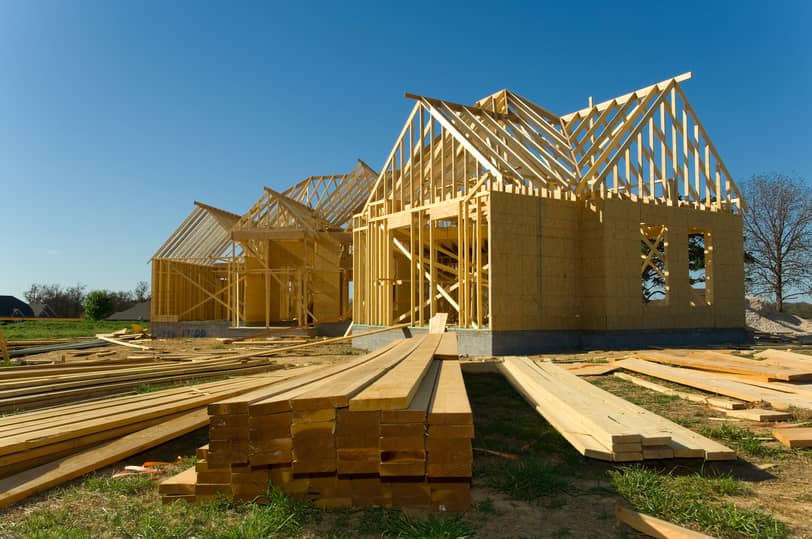The Home Inspection: Do’s and Don’ts for Home Buyers
Do Get A Home Inspection For New Construction
It would help to exercise caution when selecting a home inspector since it is in your best interest. The seller may offer to show you the results of a house inspection they've had done, or your real estate agent may suggest one. You should hire an independent home inspection to steer clear of any potential conflicts of interest and obtain the most unbiased information regarding the state of the home. Do some research on inspectors while looking for a house because things move so quickly after an offer is made. Its quite fruit full to get your house inspected.
Do Be There For The Home Inspection
You are welcome to follow along and offer questions, but don't get in the way of the home inspector. Additionally, you ought to remain with them rather than wander off to other rooms of the house. For instance, if you start running the kitchen sink while they are measuring the water pressure in the bathroom, the findings may be tampered with. Always be confident to haggle with the vendor. A thorough house inspection might quickly detail dozens of different defects, so you should expect the seller to address only some of them. However, you could negotiate the price of significant repairs that weren't covered by the seller's disclosure. Skip any items regarded as cosmetic or regular wear and tear to avoid giving a lengthy list. Furthermore, arguing over minor fixes is not worth it if you already have renovation plans.Don't Be Afraid To Negotiate With The SellerA thorough house inspection might quickly detail dozens of different defects, so you shouldn't expect the seller to address every one of them. However, you could wish to negotiate the price of significant repairs that weren't covered by the seller's disclosure. Skip any items regarded as cosmetic or regular wear and tear to avoid giving a lengthy list. Furthermore, arguing over minor fixes is not worth it if you already have renovation plans. If they arise, you can ask the seller to make any significant problems right before you move in. Consider asking for a second examination before closing or to see documentation (such as receipts) proving that experts performed the job. Alternatively, you can ask the seller for a credit or haggle a lower sale price.
Don't Assume The Home Inspector Can Be Held Liable
Safety is a home inspector's top priority, but the inspector is not your guardian. Your home inspector may provide a limited guarantee; moreover, some inspection contracts will give you little confidence in the event of hidden issues. The scope of the inspector's duties is specified in their contract, thereby reducing their legal liability. For instance, an arbitration agreement would prevent you from bringing a lawsuit in the event of a tragedy. Even if you were able to sue, there may be further provisions that would limit the compensation you could get; for example, you could only get back the cost of the inspection.
Not Doing The First Inspection
Yes, most individuals know they should have a home they are purchasing inspected. But Michael Marlow, a Certified Master Inspector and the proprietor of Veteran Home Inspections in Antonio, Texas, discovers that many purchasers frequently forego an inspection when purchasing new buildings. And that is erroneous. He asserts, "I have yet to see a new-construction home that didn't have faults", and advises purchasers to be a little pushier if builders attempt to talk them out of the inspection.
Don't cut corners on further inspections that may be required for your particular property. Consider features like swimming pools, septic tanks, wells, and any potential problems like radon or lead that a typical house inspection could not cover.








